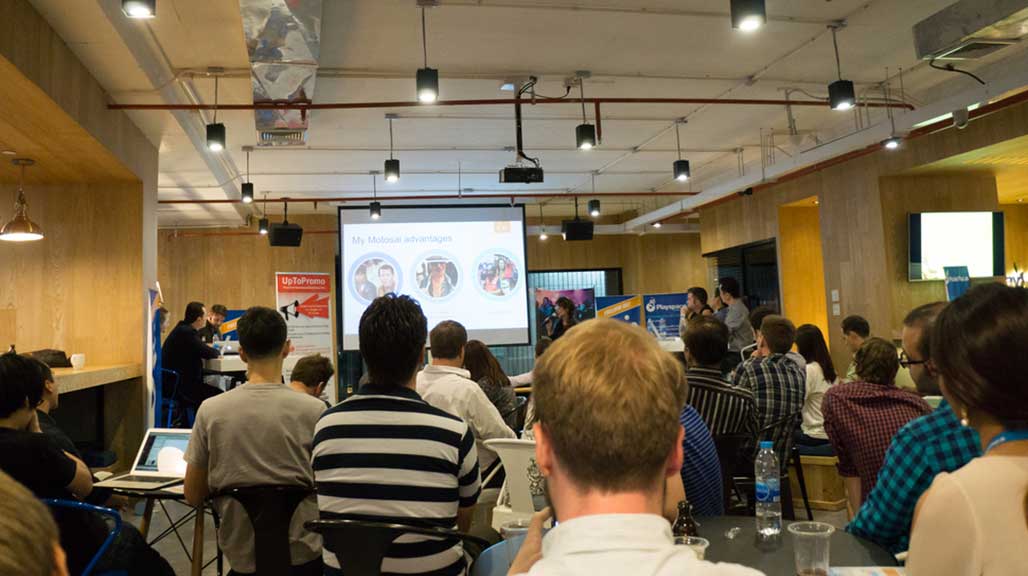Collaborate, Not Compete – A Bioentrepreneur’s perspective.
 Contributed by
Sandhya Sriram
June 12, 2017
Contributed by
Sandhya Sriram
June 12, 2017

Collaboration seems to be the last thing on the mind of bioentrepreneurs. This is based on my personal experience, as well as feedback from my fellow entrepreneur friends. It is quite disappointing and interesting as the same time, as to why most prefer to compete, and not collaborate.
Historically and traditionally, ecosystems can be built and nurtured by collaborating – not by competing. It is human nature to compete, but the urge to win comes along with jealousy and ego. This can hinder progress of a project that is aimed towards a noble and useful cause.
In 20151, the Alzheimer’s Drug Discovery Foundation (ADDF) and Pfizer’s Centers for Therapeutic Innovation (CTI) announced a collaboration to advance new small-molecule drugs for Alzheimer’s disease and related dementias. Also recently, 500 Startups, a venture capital seed fund, and Echelon, a global series of tech events by e27, have decided to collaborate2 to showcase the Southeast Asia startup ecosystem to corporates. I think this is a brilliant partnership, and will definitely help the startup ecosystem in SE Asia – and the rest of the world.
Human culture is to celebrate and elevate an individual; this undermines the value of collaboration. Everyone is in it for the money (a fact of life), but this can also be achieved by effective partnership and by working together.
Being a two-time entrepreneur, I am not surprised anymore when collaborations do not push through and the entrepreneur on the other side does not understand what he/she is missing out on. For example, if you are a founder of a biotech startup that works on solutions for diagnosis of cardiac failure and your friend has a social enterprise that works in rural areas to make sure people have a healthy heart, would you collaborate with them? Why would you turn down such a request?
The upside of collaboration is new innovations, new product developments, expanding the market, enhancing customer satisfaction, and a wider network. Collaboration does have its downsides, such as control issues, insecurities, and group dynamics. But looking at the positives, it seems that it is more effective and beneficial to collaborate than to do your own thing.
There has been a debate as to whether corporates should collaborate with startups, to scale and succeed together. This equation has many factors to consider, but should work if the vision is similar for both the corporate and the startup. They can learn from each other by working together and creating mutual benefits. Startups always take more risks with disruption, things get done faster due to lenient regulations, and they like being associated with big corporates.
This post was first published on Nature Blog and has been reposted on Connected Women with the permission of the author.
Edited by Michelle Sarthou
Image credit: Shutterstock
References:
1 “ADDF Teams Up With Pfizer CTI To Support Discovery Of Drugs For Alzheimer’S Disease | Alzheimer’s Drug Discovery Foundation”.
2 e27 & 500 startups collaborate
Did you enjoy this post? Please comment, like and share!










Sorry, the comment form is closed at this time.